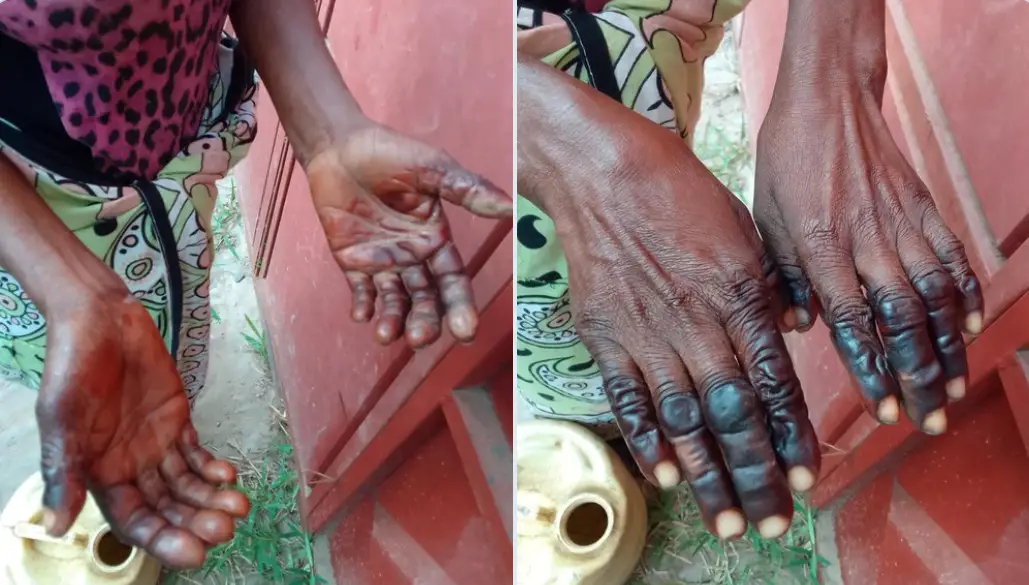
Following reports of poor working conditions for workers, the Kilifi County Government Department of Health Services conducted a sanitary inspection at Waridi Nuts processing plant on Thursday.
The inspection uncovered degrading conditions, such as lack of valid medical certificates for the food handlers, inadequate personal protective equipment for the workers, lack of a food hygiene license for 2023, inadequate ventilation, and non-labelling of packaged products.
“Following the above observations, you are hereby required to comply with the requirements noted here bellow within 7 days as per the Food, Drugs and Chemical Substance Act Cap 254 (regulation 3, 14, 15 (1)) and the Public Health Act Cap 242 of the laws of Kenya, failure to which you will be required to stop operations until the above conditions are met,” Kilifi County Executive Committee Member Peter Mwarogo said.
They are required to acquire valid medical certificates and provide adequate PPEs for food handlers.
“Note that failure to comply with this notice shall be a breach of the Food, Drugs and Chemical Substance Act Cap 254 of the laws of Kenya which shall necessitate further legal proceedings against you.”
Earlier in the week, the workers at Waridi Nuts spoke to a local journalist and faulted its management for not adhering to health and safety guidelines.
They accused the firm situated in Tezo Sub-Location of failing to provide the necessary equipment and safety gear, leaving them exposed to harmful oils with a deadly effect on their hands and skin.
The burns are caused by a chemical substance produced when obtaining the kern out of the cashew nut’s outer shell by boiling the nuts, which is against the standard process. The workers are paid meagre wages of as little as Sh30 per day, depending on the weight of the cashew nut produced, while the company sells the same cashew nut at Sh1,500 per kilogram.
Mark you, they do not recompense them for extracting the oils, which are separately sold at ridiculous prices.
The oils sell for as much as Sh4,000 for each 500ml bottle.
Reacting to the story, netizens have called on both local and international labour organizations to look into the matter and guide the helpless employees in seeking compensation and to ensure the processing plant complies and gives these workers the appropriate gear to carry out their work.
Section 14 of the Occupational Health and Safety Act, 2007 of Kenya states that employers are required by law to ensure a safe working environment and prevent accidents and injuries related to work, including protection from chemical hazards that could damage hands.
The Plight of Workers at Waridi Nuts Processing Plant in Kilifi

















































